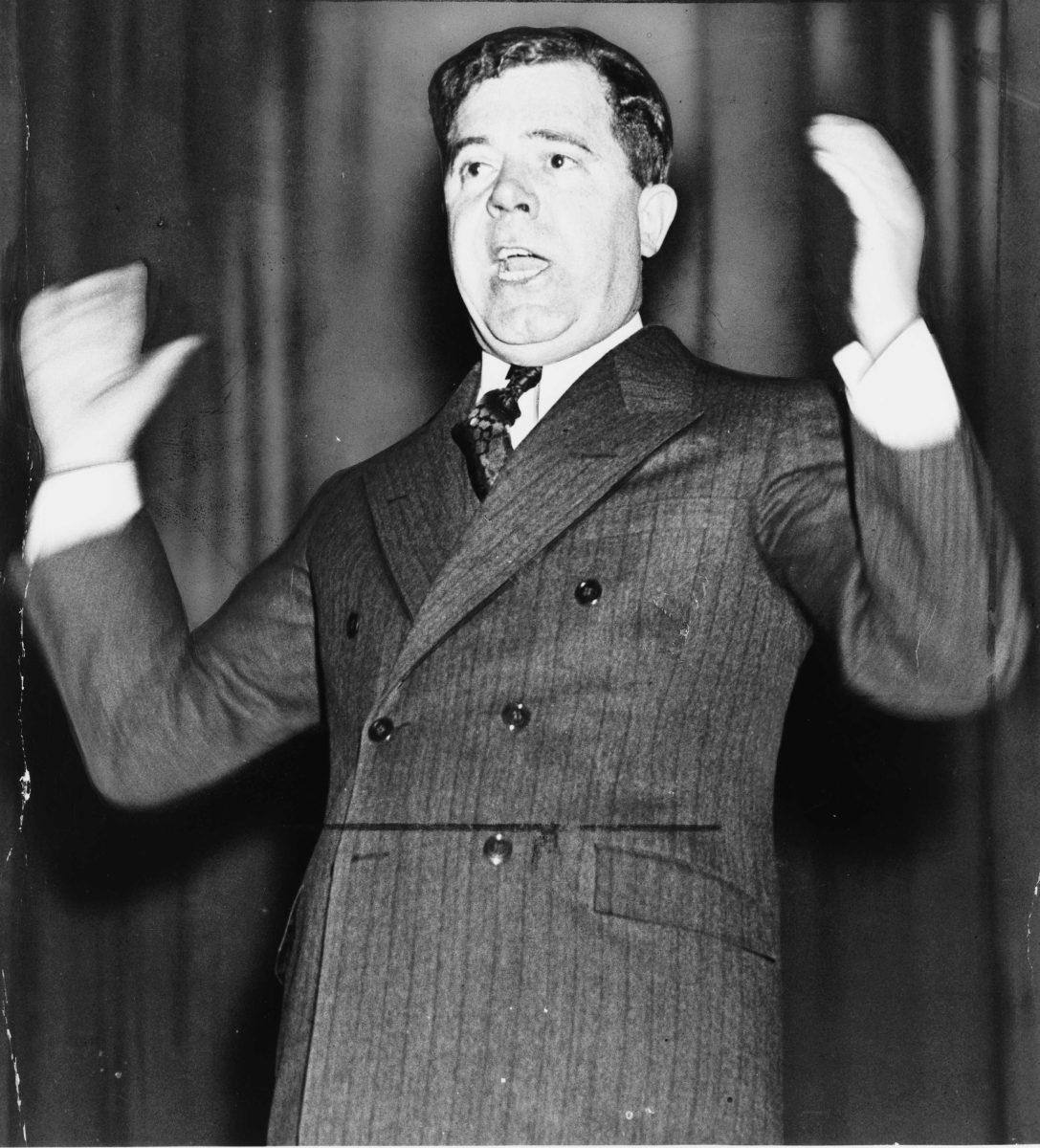Every family has its secrets. For some, it means the rocky ending to a longtime marriage or the revelation of once-unknown step-siblings. With other families, these secrets can help unravel some of history’s most famous obscurities.
Yvonne Boudreaux, a filmmaker and University alumna, has worked on many well-known projects, including the NBC series “Revolution” and the films “Machete” and “Paranorman.” For the last five years, Boudreaux has been working on “61 Bullets,” which explores the 1935 assassination of former Louisiana Gov. Huey Long.
The alleged assassin, the late Carl Weiss, is long remembered for his seemingly unassuming character, living in Louisiana as a successful doctor with a new family. Now, Boudreaux has taken the notorious killing into her own hands. This telling of the story is significantly important to Boudreaux, considering she is Weiss’ great-niece.
As the producer of “61 Bullets,” Boudreaux worked alongside her longtime film partner David Modigliani to find any and all facts in this checkered story. The inspiration for the film came during Boudreaux’s time in grade school, where she first learned about her ancestor who had long been hidden from conversation.
“In eighth grade Louisiana history, I found out that my great uncle supposedly shot Huey P. Long,” Boudreaux said.
Though the story of Long’s killing has been told and retold through film and television, “61 Bullets” addresses the life of both Weiss and Long by interviewing descendants from the men’s families. Boudreaux’s personal connection with the assassination allowed her to delve deep into a topic that was never spoken of among her family members
until now.
“There are these stories that exist that no one has heard yet,” Boudreaux said. “I wanted this collection of stories to be told collectively. I had access to my family … and we reached out to the Long family and were able to get some real good stories.”
Along with the accounts of her and Long’s family, Boudreaux consulted forensic experts and police officials who reopened the case in the 1990s. These resources came together well for Boudreaux, who found even further investigative means through the word-of-mouth channels of local citizens who have discussed the assassination for decades.
“Especially in Louisiana, you say, ‘Oh, my uncle knows somebody,’ or ‘My aunt knows somebody,’” Boudreaux said. “We just bounced around recommendations of someone the interviewee would tell us. That’s what we did for five years … interviewing anyone and everyone who had some kind of expertise on this event.”
Despite the 70 years of animosity that could have grown between the Long and Weiss families, the film’s focus on Weiss rather than the assassination itself eased any tension that could rise from the sensitive subject.
Boudreaux’s approach as a filmmaker instead of a relative made the interview process smoother and less pejorative. The filmmakers wanted to take any perceived judgment out of the process and maintain a search for facts about the people involved in the assassination.
Boudreaux cited a particular difficulty in obtaining subjects due to the event’s age. Since the assassination occurred nearly 70 years ago, many witnesses and ancestors have since died.
“It’s not heavy-handed,” Boudreaux said. “It’s a collection of stories. It’s not about who did it. It’s about the aftermath and the effect that this had on people. It was very hard to make this documentary because most people that were alive when this happened are no longer with us. A lot of the evidence has been buried or is washed away.”
So far, “61 Bullets” has been screened in Austin, Texas, and New Orleans with apparent differences in reaction. With the assassination being common knowledge and often taught in history courses, Louisiana audiences received the film’s information with surprise to both the in-depth research and what Boudreaux and her partners uncovered.
For attendants in Texas, “61 Bullets” comes across as an emotional account from family members, including Carl Weiss, Jr., and the reverberation that the assassination caused throughout Louisiana.
“In Texas, the whole other response was more of a human, personal response because they’re meeting the son of an alleged assassin,” Boudreaux said. “For them, they thought that was really intense and fascinating. It’s so interesting to see this very different connection.”
“61 Bullets” is scheduled to play Sunday, Nov. 30, at the Shaw Center at 2 p.m. From there, Boudreaux hopes to have the documentary accepted by
Independent Lens from PBS.
You can reach Gerald Ducote on Twitter @geraldducoteTDR.
Descendant of Huey Long assassin creates film
November 24, 2014
More to Discover





